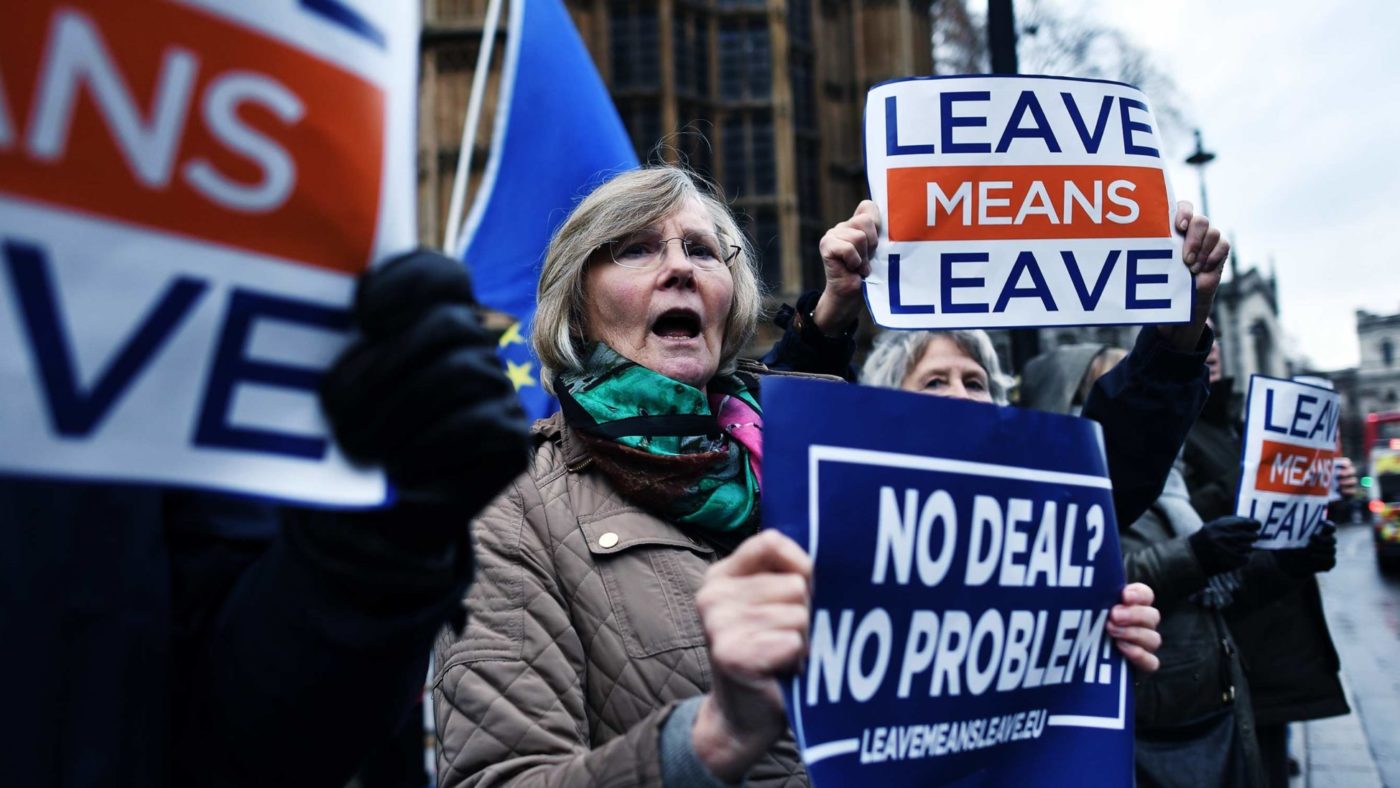We’re optimists here at CapX. We believe that the extent of human progress – the cumulative impact of the incremental steps forward the world is taking – is a startling trend that is startlingly underappreciated.
But this progress is not inevitable. It is ultimately the product of political decisions. A mixture of free markets, strong institutions and liberal democracy is essential to any prosperous and happy society. Economically, this cocktail maximises freedom, fosters innovation and spurs growth. Politically, it is responsive, self-correcting and therefore stabilising and sustainable.
In Britain, we are lucky to live in a country familiar with this recipe for success. In fact, the UK has a strong claim to being the birthplace of a disproportionate number of the ingredients.
But this huge head start is not enough.
Forbes’s decision to name the UK the most business-friendly country in the world this week was a reminder that Britain has the requisite tools to make a success of its departure from the EU. And yet we seem increasingly determined not to use them. Which is why 2018 ends with this uncharacteristically gloomy transmission.
It isn’t just the progress – or nature – of the Brexit deal. The deeper problem is the deteriorating quality of Britain’s political conversation.
Partly, it’s that the tone of debate is getting more rancorous. But more importantly, it’s that policies are increasingly becoming little more than proxy battles in a wider cultural divide. Evidence is becoming something to be weaponised or ignored, not something to be considered before coming to a conclusion.
This applies most obviously to the Brexit culture war, which is increasingly inescapable. This week I was told that the pub carols I was at were ‘anti-Brexit’. Outside Parliament, I saw a pro-Brexit protester outside Parliament holding a sign that read ‘WTO rules, okay?’
On one level, this was unremarkable, given the recent prominence of “WTO rules” in the Brexit debate. But to a time traveller from 2015, it would seem very strange that international trade law had become a placard-worthy rallying cry. That it has done so is because trade has become a cultural battleground: polling shows that people’s position on the issue increasingly reflects not the economic facts (which, pretty much, tell you that trade is a really good thing) but which referendum tribe they have found themselves in.
But as ever, it’s not just about Brexit. In his polling on the economic battle of ideas for CapX this year, Matt Singh showed that — even as the main political parties are more divided than ever over the merits of the market economy — people’s views on capitalism and socialism do not follow suit. On trade, a voter’s attitudes to social issues was a better predictor of their support for protectionism than their views on related economic questions.
In other words, decisions that will play a crucial role in shaping living standards, and Britain’s wider prosperity, are being addressed not via the framework of what we already know works (free markets, strong institutions, liberal democracy) but through the prism of wider social positions and prejudices.
How Britain – its voters, its political class – handles the next 12 months will be decisive for its future. Worryingly, all the signs point towards many of those choices being made for entirely the wrong reasons.


